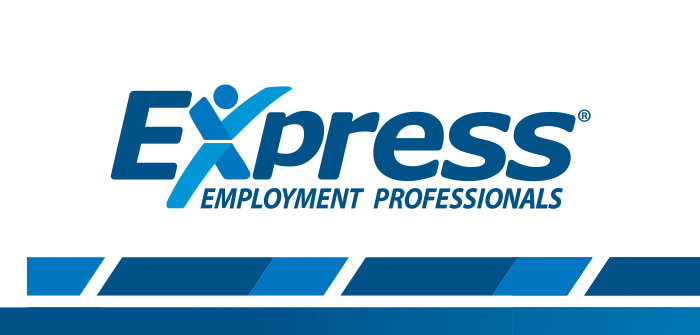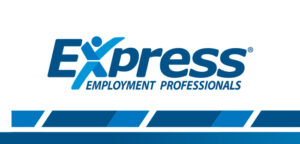Source: Express Employment Professionals Blog
This is a question that comes up A LOT. Interviewers use it not just to see where you fit into their company, but also to see how you react to the question. It’s not just your answer they’re considering; it’s how you answer.
So, you have to be confident and know what you’re saying. That means preparing beforehand.
There’s quite a bit of advice out there you’ve probably heard before: Start with your weaknesses. Finish up with your strengths so the interviewer remembers them instead of the weaknesses.
This is all good advice. But it’s advice that practically everyone knows. It’s a baseline, but it isn’t going to help you rise above the competition.
Here are a few ways to make your answer shine.
Weaknesses
DON’T say you’re a perfectionist. Or too hard of a worker. Or that you care too much.
These are technical weaknesses. But even if they’re true, they don’t come across as all that honest because so many people use them in their answer. They also don’t really say much about you as a person. They’re boring, safe answers.
INSTEAD, just tell the truth.
This doesn’t mean saying that you like to be lazy or surf Netflix at work. Just be genuine. Maybe you’re social and want to get to know your co-workers, but that sometimes results in you being too chatty. Perhaps you aren’t an emotional person and don’t handle personal crises that well. It’s even possible you deal badly with change. Everyone has weaknesses. That doesn’t mean they’re bad, they’re just a part of who you are.
DO show that you’re trying to improve.
Again, we all have weaknesses. But it’s our ability to tamp down on those weaknesses that make us great employees. Maybe you’ve learned to regulate your overly chatty nature with a bit of self-control. You know you’re not particularly empathetic, so you tell people that upfront. You don’t like change, but you’ve learned to make pro/con lists of the advantages and disadvantages of specific changes to better adjust to those situations.
Strengths
DON’T be vain.
This means avoiding talking about yourself like you’re Superman. Just talk about the stuff you’re good at and how you added value to a company. Use numbers that quantify your achievements. But don’t be boastful. If you’re awesome, that’s cool! But don’t drone on and on about yourself. That’s boring.
DO connect your strengths to work achievements.
Bring up strengths that have to do with the job you’re applying for. Your interviewer doesn’t need to know you can bench 200 lbs. or regularly win eating contests. Focus on connecting your strengths to the success you’ve had at previous companies.
But that doesn’t mean you can’t be fun!
If the company culture is fun, feel free to let one of your three strengths come out of left field. Maybe you’re a champion pole-vaulter, a choir singer, or write your own short stories. Those are still unique strengths that prove your character and are relevant to any job.
And this goes for both strengths and weaknesses: don’t feel like you have to come up with the exact number of responses they ask for. Why should you? Interviewers usually pick an arbitrary number. It doesn’t mean you should fill it. If you only have one major weakness you think is relevant, only list one. And that’s that. The next time this question comes up, you’ll be ready.
febrero 8, 2020
Source: Express Employment Professionals BlogThis is a question that comes up A LOT. Interviewers use it not just to see where you fit into their company, but also to see how you react to the question. It’s not just your answer they’re considering; it’s how you answer.So, you have to be…

Tags:
Related posts

Hiring Decision-Makers Predict Remote Work is the New Normal
mayo 4, 2021Latest Results from The Harris Poll SOURCE: Express Employment Solutions, Employment Trends, April 2021 A majority of employees at U.S.…
ALLEGIANT Launches flights between Destin/FWB and Las Vegas
octubre 12, 2016ALLEGIANT Launches nonstop flights between Destin/Fort Walton Beach and Las Vegas with fares as low as $69 Destin, Fla. Oct.…
RITZ® Brand launches its first Hispanic campaign to celebrate and highlight the diversity of the community
marzo 2, 2022RITZ® Brand launches its first Hispanic campaign to celebrate and highlight the diversity of the community EAST HANOVER, New Jersey,…